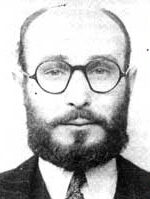
The Historical Novel
The historian says to the reader, “Sir or Madam: We don’t know exactly what happened behind those closed doors, so neither you nor I should even ask.” The novelist says “Dear Reader, I know that you have human questions about all this, so I’ve used my imagination and my art to give you a story with all the intimate details that you desire, 90% true and 10% likely.”